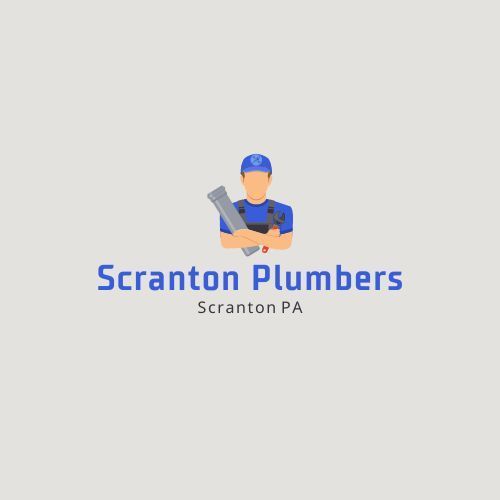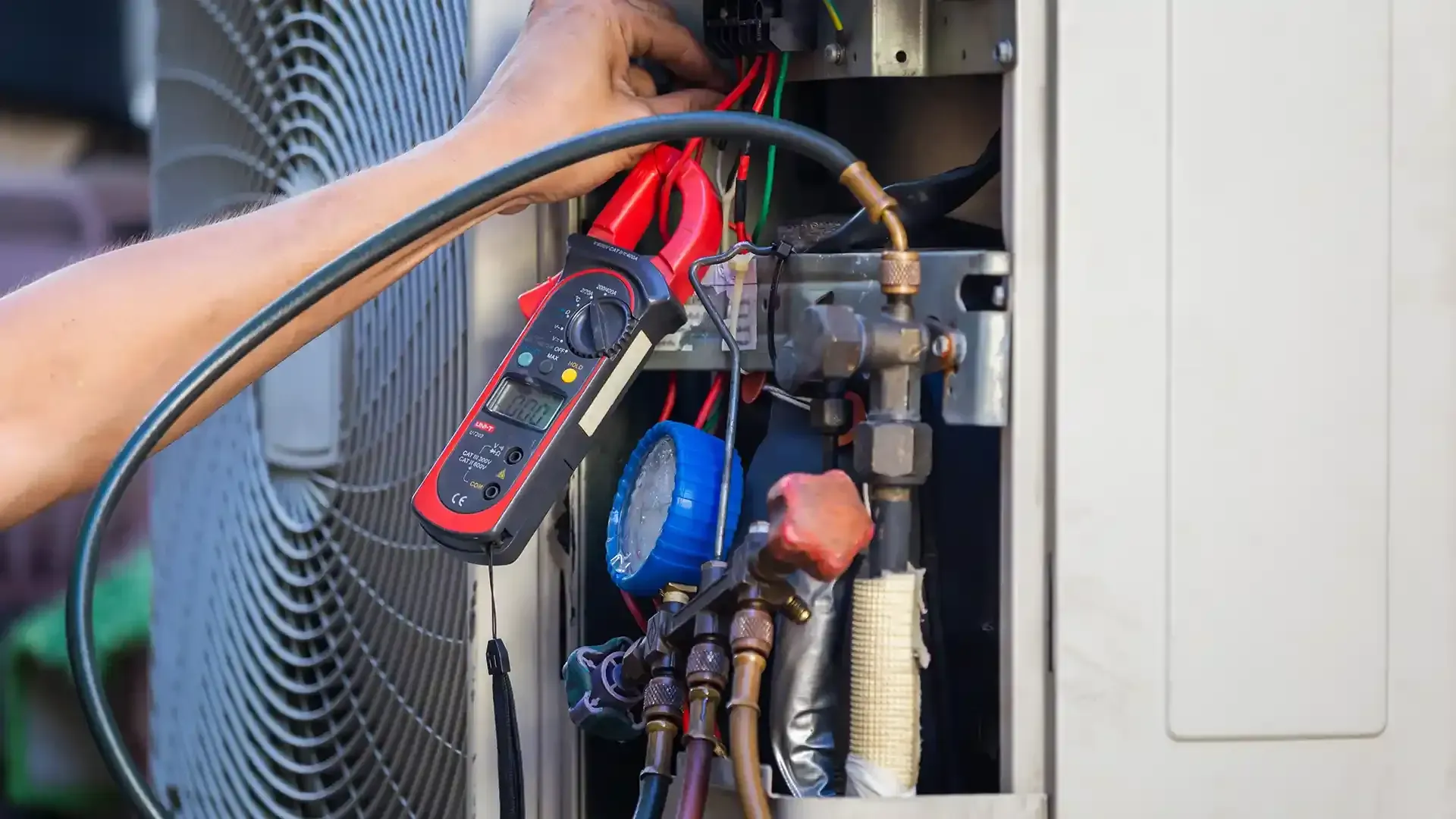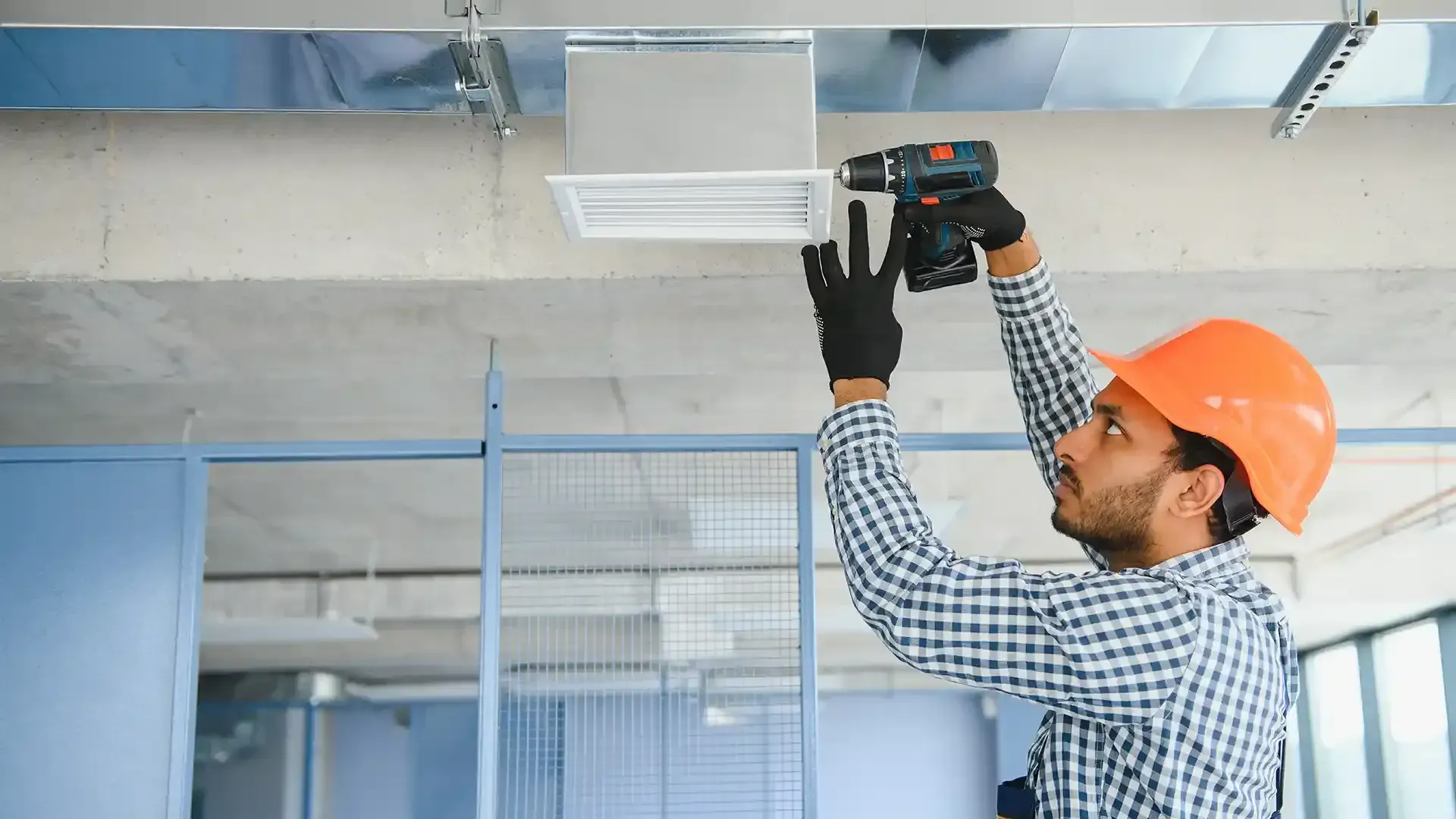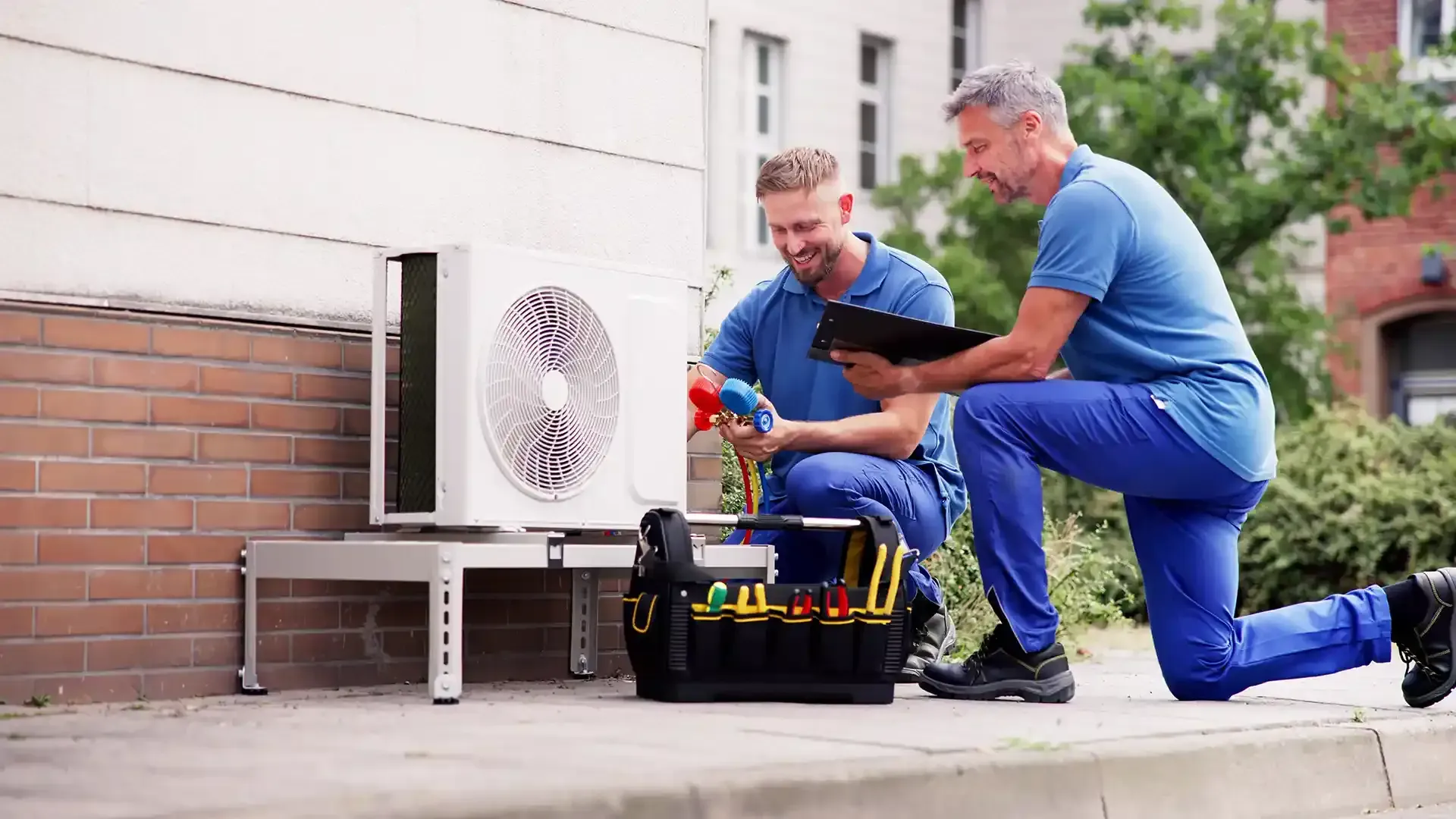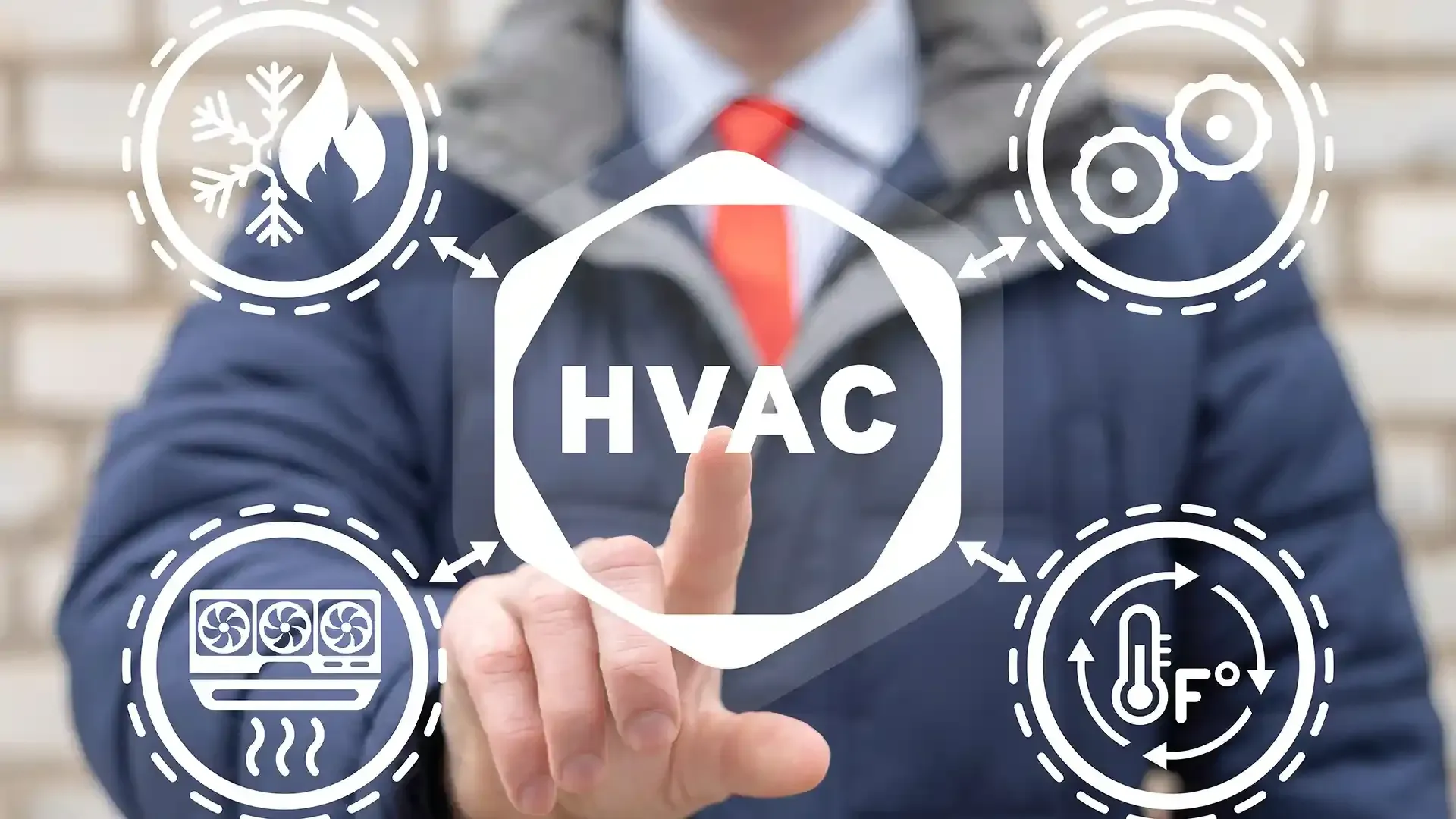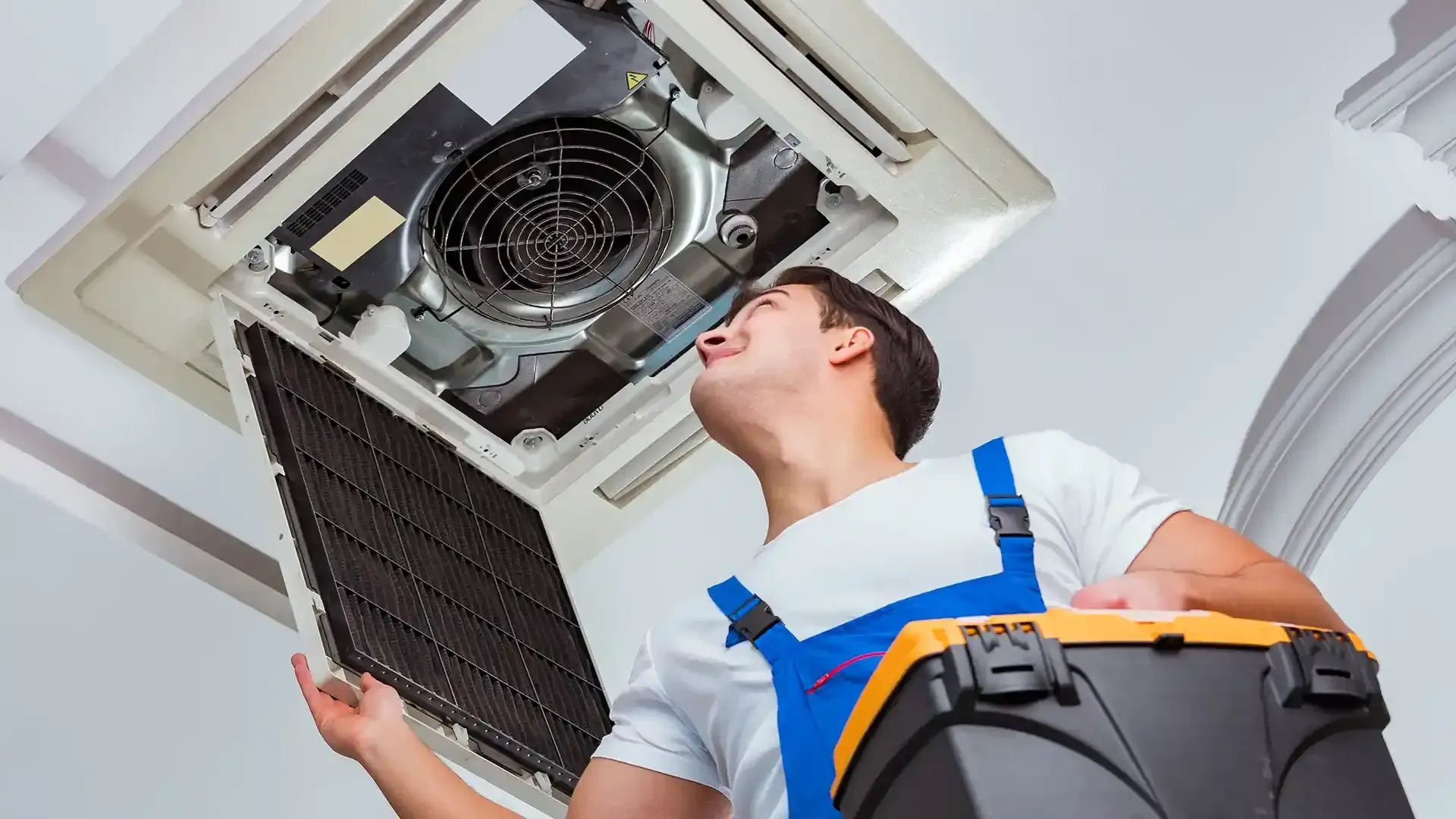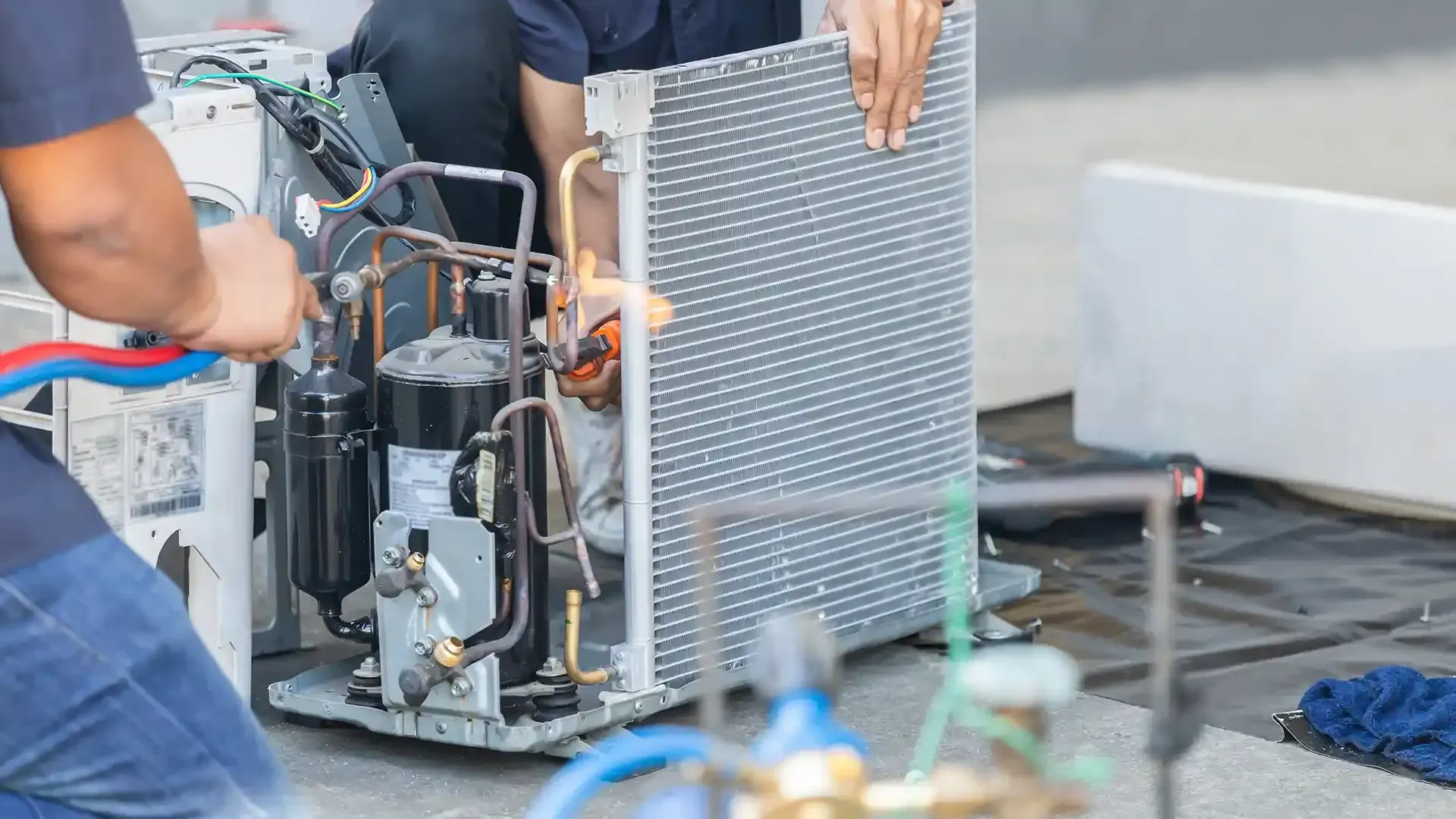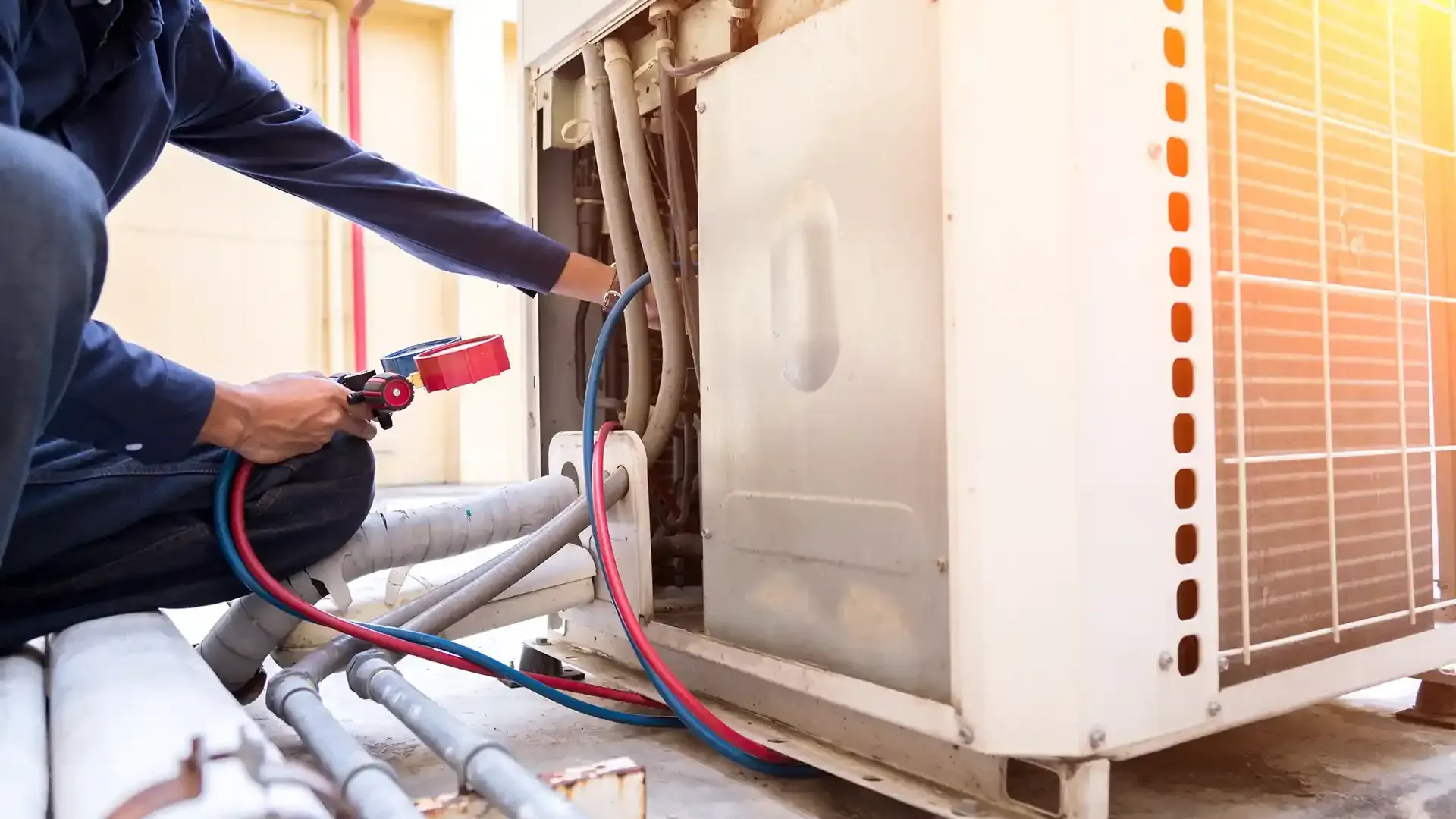Know When to Change Your HVAC Filter: Essential Tips for a Healthy Home
Know When to Change Your HVAC Filter: Essential Tips for a Healthy Home

Maintaining a healthy home environment requires more than just regular cleaning. One often overlooked aspect is the health of your HVAC system, particularly its air filter. Knowing
when to change your HVAC filter is crucial for your home’s air quality and the overall efficiency of your HVAC system. This guide will help you understand the importance of timely filter changes and how it affects your health, energy bills, and the lifespan of your HVAC unit. We'll also explain why leaving this task to professionals is the best approach.
Key Takeaways
- Changing your HVAC filter is key to better air quality and system efficiency.
- HVAC filters generally need replacement every 30-90 days, depending on your home’s conditions.
- Ignoring filter changes can result in higher energy bills, poor air quality, and system breakdowns.
- Professional HVAC maintenance ensures that your system stays in top condition and avoids costly repairs.
The Best Time to Change Your HVAC Filter: A Guide for Cleaner Air
Changing your HVAC filter is essential for maintaining optimal air quality and system efficiency. Generally, experts recommend replacing the filter every 30 to 90 days, depending on factors like your home's environment, the type of filter, and usage patterns. For homes with pets, smokers, or individuals with allergies, more frequent changes—every 30 days—may be necessary to reduce allergens and improve indoor air. During peak seasons like summer and winter, when HVAC systems work harder, checking the filter monthly is advisable to prevent buildup of dust, dirt, and pollutants. A clean filter not only improves air quality but also prolongs the lifespan of your HVAC system, helping it run efficiently while lowering energy costs. By staying on top of filter changes, you ensure a healthier, more comfortable home environment. Keep track of replacement intervals to enjoy cleaner air year-round.
How Often Should You Change Your HVAC Filter?
Knowing when to change your HVAC filter depends on various factors like the type of filter, indoor air quality, and how much you use your HVAC system. Here's a quick guide to help you:
- Standard Fiberglass Filters: Replace these every 30 days.
- Pleated Filters: These last longer, typically 60-90 days.
- Homes with Pets: Change filters every 30-60 days due to the added pet hair and dander.
- Allergies or Respiratory Conditions: Filters should be changed every 20-30 days to improve air quality.
- High HVAC Use Seasons: During summer and winter, when your system works harder, filters may need more frequent replacement.
Delaying a filter change can reduce airflow, decrease system efficiency, and cause higher utility bills. Knowing when to change your HVAC filter can save you from these issues.
Implications of Ignoring Filter Changes
Ignoring when to change your HVAC filter can lead to serious problems. A clogged filter forces your HVAC system to work harder, leading to higher energy consumption and potential system breakdowns. Not only does this affect your wallet through increased utility bills, but it can also shorten your HVAC unit’s lifespan.
Furthermore, dirty filters reduce indoor air quality. If you have allergies or respiratory conditions, poor air quality from a clogged filter can aggravate symptoms and make your home less comfortable. Changing your HVAC filter regularly ensures cleaner air and a healthier living environment.
Why Professional HVAC Service is the Best Choice
While knowing when to change your HVAC filter is important, doing it yourself isn’t always the best option. Regular maintenance from a professional HVAC service can go beyond just replacing filters. A professional can inspect the system for underlying issues and prevent costly repairs in the future. They ensure everything—from coils to ducts—is functioning correctly, which helps your system run efficiently.
At Plumber Scranton, we handle everything from changing your filters to performing full system checks. Our expert HVAC maintenance services in Scranton, Pennsylvania, guarantee that your HVAC system works efficiently and lasts longer. Contact us at
570-243-0180 for professional HVAC care.
Signs That It’s Time to Change Your HVAC Filter
If you’re unsure when to change your HVAC filter, watch for these signs:
- Dust Around Vents: If you notice dust accumulation around your air vents, it’s time to check and change your filter.
- High Energy Bills: An unexplained rise in your utility bill could indicate that your HVAC system is overworking due to a clogged filter.
- Unpleasant Odors: A musty or stale smell when your HVAC is running could mean your filter is too dirty to function properly.
- Increased Allergy Symptoms: Poor indoor air quality caused by a dirty filter can trigger allergies and asthma symptoms.
These signs highlight the importance of understanding when to change your HVAC filter to maintain a healthy home and avoid additional costs.
Don’t wait until poor air quality or high energy bills remind you that your HVAC filter needs attention. Let
Plumber Scranton help you with all your HVAC needs, from filter changes to full system maintenance. We're based in Scranton, Pennsylvania, and just a phone call away at 570-243-0180. We’ll ensure your home stays comfortable, your air stays clean, and your system runs efficiently.
Conclusion
Understanding when to change your HVAC filter is essential for maintaining both your system’s efficiency and your home’s air quality. By regularly changing your filter, you can lower your energy bills, improve indoor air quality, and extend the lifespan of your HVAC system. However, don’t rely on DIY solutions—leave the job to the professionals. At Plumber Scranton, we ensure that your HVAC system is properly maintained, providing both comfort and peace of mind. Call us today at 570-243-0180 to schedule your next HVAC maintenance service.
FAQs
Q. How often should I change my HVAC filter?
A. You should change your HVAC filter every 30-90 days, depending on the type of filter and your home’s conditions. Homes with pets or allergies may require more frequent changes.
Q. What happens if I don't change my HVAC filter?
A. Neglecting to change your HVAC filter can result in higher energy costs, poor indoor air quality, and potential damage to your HVAC system, leading to expensive repairs.
Q. Can I change my HVAC filter myself?
A. While you can change your filter yourself, it’s better to have a professional handle your HVAC maintenance to ensure everything is in working order and no other issues are missed.
Q. What type of filter should I use?
A. Pleated filters typically last longer and trap more pollutants than fiberglass filters, but your choice should depend on your home’s needs, especially if you have pets or allergies.
Q. Does changing the filter improve the HVAC system’s performance?
A. Yes, changing your filter regularly improves airflow, reduces strain on your system, and keeps your energy bills in check. It also ensures better indoor air quality.

